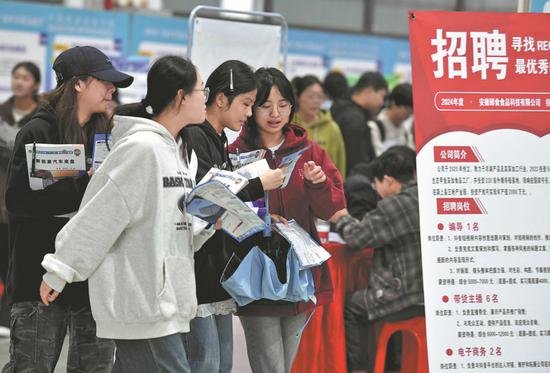
College jobseekers look for suitable occupations at a campus career fair in Fuyang, Anhui province, on Nov 16. (Photo/CHINA DAILY)
A new report released by Maimai, a Chinese professional networking platform, revealed that the talent market in China's digitally-fueled and high-tech new economy industries remains highly competitive, with the talent demand-supply ratio climbing steadily over the past few years.
Despite the rising competition, average monthly salaries in these sectors have shown slight increases, signaling a continuing demand for skilled professionals in emerging industries, the 2024 annual talent migration report said.
The talent supply-demand ratio in new economy sectors, which encompass industries such as internet, gaming, fintech, e-commerce, artificial intelligence and new energy vehicles, has surged from 1.29 in 2022 and 2 in 2023 to 2.06 in the first 10 months of 2024, the report showed. This means that for every available job, there are over two candidates competing for it.
Although the job market in new economy sectors remains competitive for jobseekers, salaries have seen a moderate upward trend. Between January and October 2024, the average monthly salary for new job postings reached 42,874 yuan ($5,902), up from 42,789 yuan in 2023 and 41,394 yuan in 2022, the report said.
Lin Fan, founder and CEO of Maimai, said the report points to intensifying competition for positions in the job sector, adding that "there is still a shortage of core technical talent, particularly in AI-related fields".
The report said demand for technical professionals remains particularly strong, with technology roles comprising the majority of new job openings during the January-October period of this year.
Notably, AI-related positions are in the highest demand, including roles like algorithm engineers, AI engineers and natural language processing experts. Java, back-end developers, C++, and Android developers are also among the most sought-after positions.
In terms of salaries, the highest-paying technical roles among new job postings in the first 10 months are led by digital front-end engineers, who command an average monthly salary of 67,728 yuan. Nontechnical roles also see competitive salaries, with product management positions emerging as a major focus. Product supervisors earn an average monthly salary of 59,241 yuan, making it the highest among non-technical roles.
The report also revealed significant talent shortages in key technical fields, especially AI fields. Cloud computing, for instance, has the most significant talent gap, with a demand-supply ratio of just 0.27, meaning that there are approximately four job openings for each applicant. Other high-demand areas include search algorithms and deep learning, which continue to face talent shortages, despite strong recruitment activity in these fields over the past few years.
During the first 10 months, Beijing remains the leading city for new job openings, followed by Shanghai, Shenzhen in Guangdong province and Hangzhou, Zhejiang province, the report said.
However, the report indicates that both Beijing and Shanghai are facing talent outflows, with their talent inflow-outflow ratios falling below 1, signaling that many professionals are leaving these hubs for other regions. In contrast, cities like Suzhou in Jiangsu province; Shenzhen; Hangzhou are seeing stronger talent inflows, reflecting their growing appeal as innovation and tech centers.
Tang Qiuyong, executive director of Chinese human resources think tank HRflag, emphasized that while Chinese companies are under pressure to cut costs and improve efficiency, this should not come at the expense of employee well-being.
"Efficiency gains should be driven by technological innovation and the use of advanced tools, rather than by overburdening employees," Tang said.








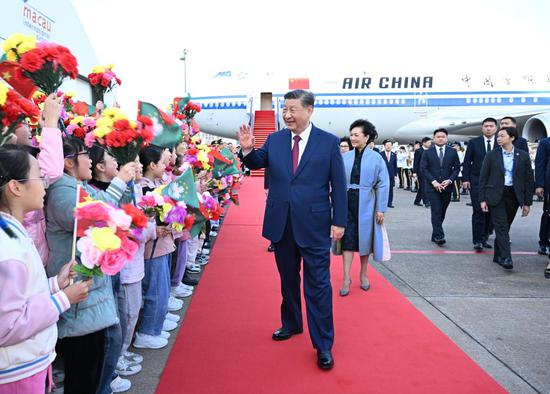



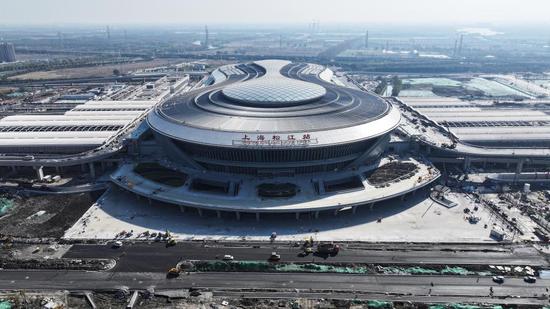





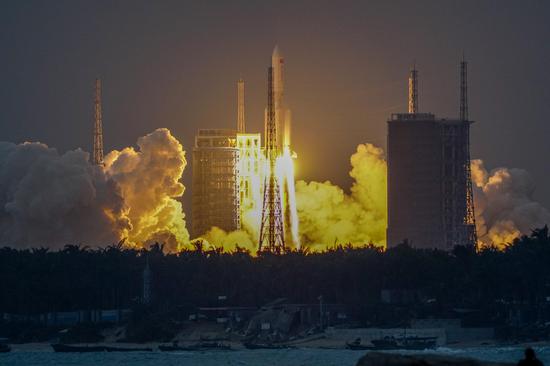






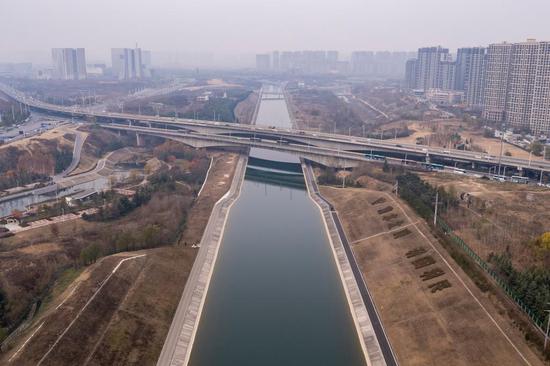


















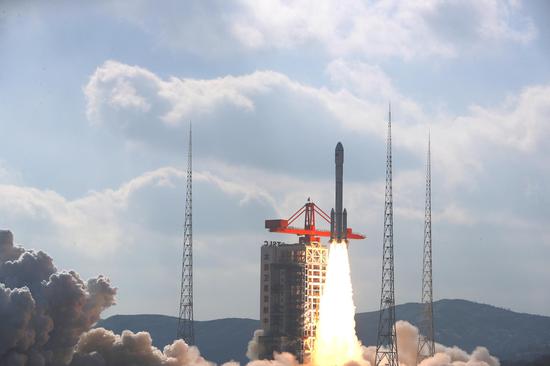





 京公网安备 11010202009201号
京公网安备 11010202009201号